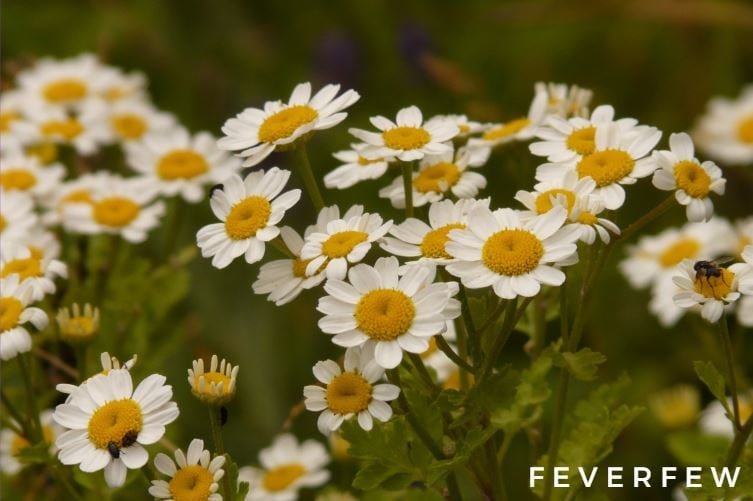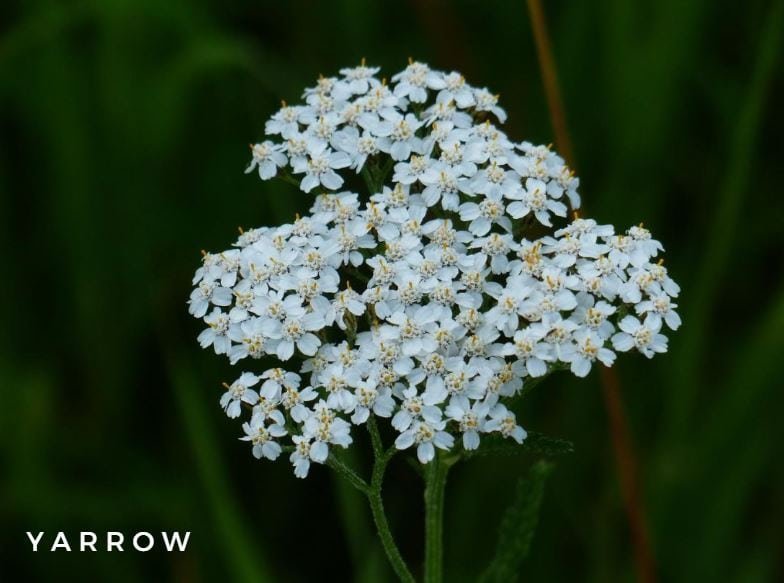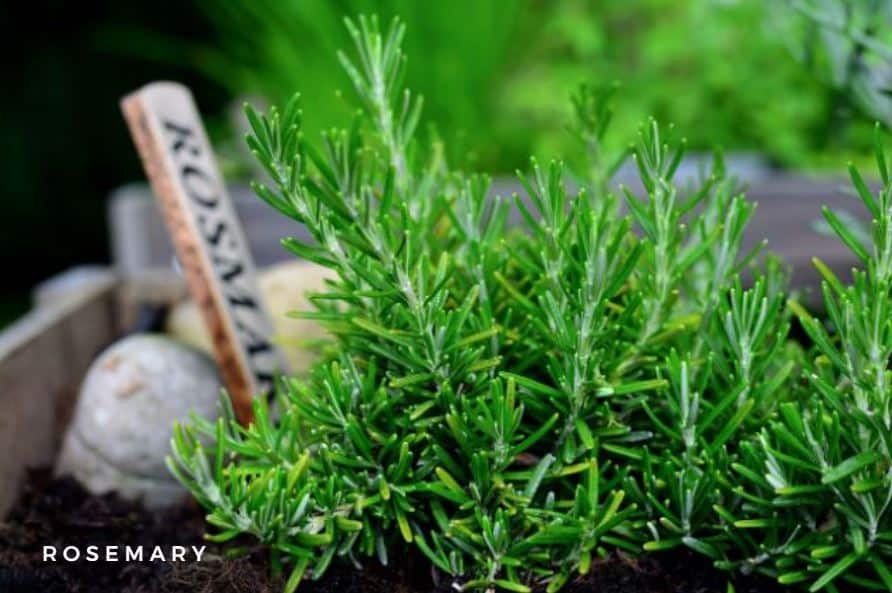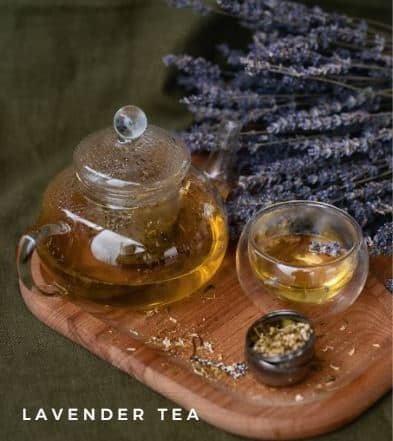If you’re seeking a way to enrich your life and age gracefully, consider meeting nature halfway through cultivating a herb garden. Beyond the immediate rewards of fresh flavors and delightful aromas, herb gardens can play a critical role in sustaining your well-being as you journey into your golden years. These tiny oases provide therapeutic benefits—from aiding digestion to improving sleep—and offer a fulfilling, low-impact activity that keeps both body and mind engaged. Discover how integrating a herb garden into your lifestyle can yield life-long returns.
Turn To Your Garden for Mental Wellness

Engaging in gardening reduces stress and promotes mental well-being, possibly decreasing medical bills related to stress-related ailments. From an economic standpoint, a garden provides therapeutic value that can translate into monetary savings.
Community gardens foster social connections, reducing isolation and potentially lowering mental healthcare costs. Additionally, teaching children about gardening can impart valuable skills and foster a sense of responsibility. Although not easily quantified in monetary terms, these intangible benefits contribute to an overall increase in quality of life and can have real financial implications in the long run.
Herb Gardens And Cheap Remedies For Stress, Anxiety – A Common Thread

Herb gardens and cheap remedies for stress and anxiety have one common thread: they both cultivate peace of mind, one leaf at a time! In today’s fast-paced world, stress and anxiety have unfortunately become a constant companion for many. Pharmaceutical options for managing these conditions do exist, but they often come with side effects and costs. Enter the world of herbs: your own garden can be a haven for remedies that naturally combat stress and anxiety.
- Catnip: Yes, it’s not just for cats! This herb has mild sedative effects that can alleviate stress.
- Echinacea: Known primarily for its immune-boosting abilities, Echinacea can also help reduce stress by modulating your body’s stress response.
- Feverfew / Butterbur: Often used for migraines, these herbs can also reduce stress by affecting serotonin and other neurotransmitters.
- German Chamomile: Famous for its calming effects, a cup of chamomile tea can be your nighttime ritual for better relaxation.
- Holy Basil: Revered in Ayurvedic medicine, Holy Basil (Tulsi) helps adapt to stress and promote mental balance.
- Lavender: Not just an aromatic treat, the scent of lavender has well-documented calming properties.
- Lemon Balm: This herb can reduce anxiety and promote mental clarity, either as a tea or an essential oil.
- Rosemary, St. John’s Wort, Thyme: These herbs contain various compounds that have been shown to enhance mood and relieve stress.
- Valerian, Yarrow: Known for their sedative effects, these herbs are often used in teas and tinctures for immediate relief from anxiety.
Consciously incorporating these herbs into your lifestyle, you can take a natural, proactive approach to managing stress and anxiety by planting, nurturing, and harvesting your way to a more tranquil life.
Herb Gardening – These Planting Tips Reap Serenity

Planning is everything when it comes to having a perpetual supply of fresh herbs at home. Some noteworthy tips to consider are determining when is the best time to plant, identifying which herbs flourish indoors or outdoors, and whether certain herbs need a home in the ground or if potting is okay.
For example, of the herbs listed above, only two would be happiest being planted outdoors and in the ground:
Echinacea and Yarrow. Another thing they have in common is their seeds can be sown in spring or fall. Something to note about Echinacea is that their roots run deep, so they don’t take too kindly to being transplanted. Identifying and dedicating a spot in the yard or garden should be the first order of business. Yarrow, on the other hand, does not play well with cucumber plants because the powdery mildew it sheds sticks to the cucumber and ultimately spoils it.
Next up is one that would flourish indoors, outdoors, and in a pot: German Chamomile. Its roots don’t need depth, so containers are the way to go. It only requires full sun and well-draining soil to keep its roots moist.
To continue with the list of herbs, only one would flourish in a pot and outdoors: Feverfew (aka Butterbur). This is an invasive plant and will crowd out other perennials in your garden, so containing it in a pot will save you a lot of time in the garden. All it requires is full sun, water two times a week to keep its roots moist, and well-draining soil.
Finally, the remaining herbs on the list will flourish both in the ground or pots and thrive indoors or outdoors. Although every plant requires attention to meet its unique needs, some characteristics, like planting timeframes, are noteworthy. For instance, Valerian can be planted in Early Spring, Catnip, Holy Basil, Rosemary, and Thyme can be planted in the Spring, Lemon Balm in Late Spring, and last but not least, Lavender and St. John’s Wort can be planted from Spring to Early Summer.
Herb Gardening – Reaping The Benefits

In the spirit of prevention and proactive healthcare, incorporating these herbs into your routine can provide a holistic approach to stress and anxiety. Imagine sipping on homegrown herbal teas infused with your own Lemon Balm and Valerian, applying essential oils extracted from your garden’s blossoms, or even creating natural supplements that help reduce anxiety and promote mental clarity. The possibilities are endless as nature itself. So why not plant your very own “anti-stress” garden? As you sow the seeds to your natural relief station, not only are you planting a brighter future, but you will also enjoy the process of growing your own natural remedies. Buy your seeds now.
“A vigorous five-mile walk will do more good for an unhappy but otherwise healthy adult than all the medicine and psychology in the world.”
~Paul Dudley White
MEDICAL DISCLOSURE
I am not a doctor. The content on this blog post is for entertainment purposes only. Consult with healthcare professionals or herbalists to understand the proper dosage and method of consumption for your specific needs. Herbs are potent, and improper use can lead to adverse effects. With appropriate guidance, these herbal allies can be a valuable part of a proactive healthcare routine.
AFFILIATE DISCLOSURE
This post contains affiliate links that if clicked, may yield a small commission.
Stress, Anxiety, Cheap remedies for Stress, Cheap remedies for Anxiety, organic remedies for Stress, organic remedies for Anxiety, natural remedies for Stress, natural remedies for Anxiety, Stress at home remedies, Anxiety at home remedies, how to cure Stress at home fast, how to cure Anxiety at home fast, herb garden, fresh herbs, perennial herbs, plant herbs, harvest herbs, annual herbs, growing herbs, most herbs, own herbs, herb plant, raised bed, herbs grow, many herbs, grow herbs, herb plants, herb seeds, flowering herbs, culinary herbs, other herbs, perennial herb, most culinary herbs, raised garden bed, pizza herb, cilantro seeds, growing annual herbs, raised beds, tiny plants, own container, terra cotta pots, fresh compost, well draining soil, grow from seed, easiest herbs, mint family, moist soil, sow seeds, growing season, dried herbs, drainage holes, container gardening, tender perennials, grow indoors, beneficial insects, earthy flavor, clay soil, pasta sauce, grow mint, hours of sunlight, herb gardens, small pots, grow basil, herbs, cold hardy, too much sun, large container, best herbs, other plants, root ball, easiest plants, smaller plants, growing space, delicious leaves, same depth, plants, garden, organic matter, life cycle, herb, plant, seeds, herbs such as basil, new gardeners
